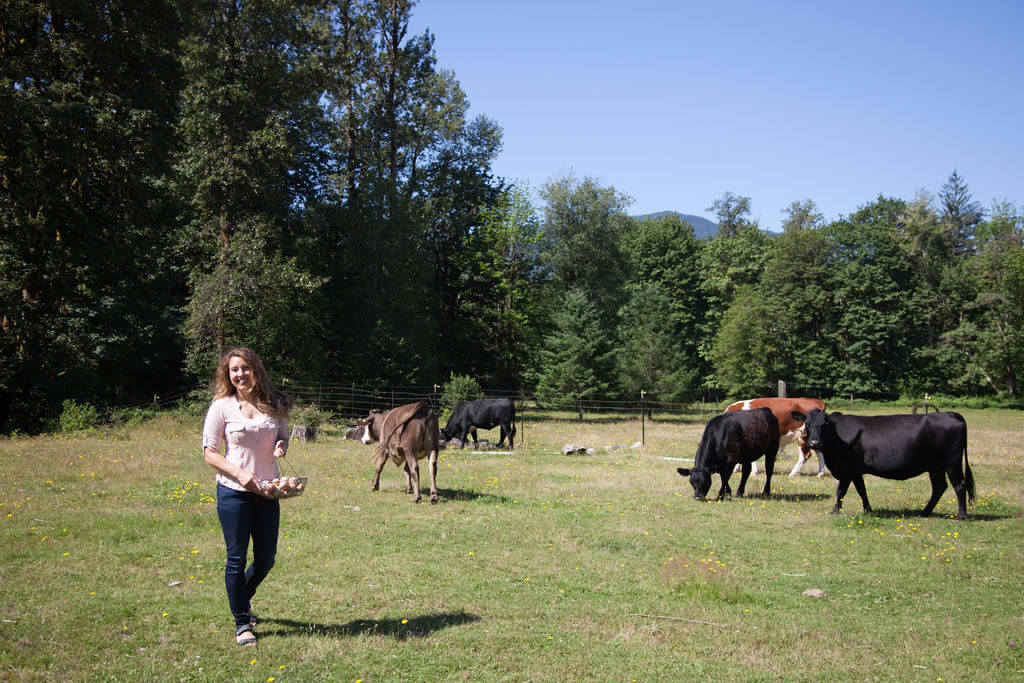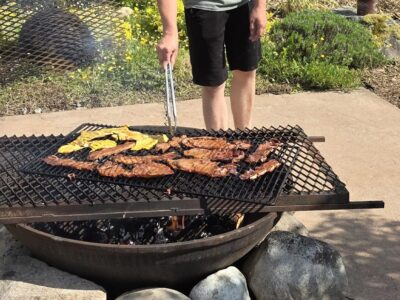Living the pioneer or modern homesteader lifestyle is something that many of us are drawn to, but there are times in a family where only one person is on board. What can be done to encourage the rest of the family to take part in this self-sustainable way of life that gets them excited instead of dreading it? Join me for today’s podcast where I’m helping Stephanie, a member of the Pioneering Today Academy, with just that!

Today’s Pioneering Today Podcast (episode #298) is another consult episode with Stephanie who is a member of the Academy. She’s looking for advice on how to get your family on board when it comes to expanding your homesteading practices.
At the time of this publication, the Pioneering Today Academy is open for enrollment! If you’ve been wanting to increase your homesteading skills beyond just canning or raising chickens, or maybe growing a garden, and want to include all the components of this lifestyle, then sign up for the Pioneering Today Academy.
(If enrollment has closed by the time you’re reading this, you can join the waitlist to be notified the next time we open the doors.)
Table of Contents[Hide][Show]
Show Notes & Resources
- Stephanie is a modern homesteader living in the suburbs just outside of Tulsa, Oklahoma.
- She gardens three seasons a year and is hoping to implement a winter garden this year.
- Her hope is to expand her homesteading lifestyle to be more self-sustainable by enlarging her garden and raising backyard chickens.
- She’s looking for advice about how to get the rest of the family excited about homesteading.
- To become a member of the Pioneering Today Academy, and have a chance to get advice from fellow homesteaders, join today. If enrollment is closed, you can get on the waitlist to be notified next time the academy is open.
More Homesteading Articles
- How to Buy a Homestead – What to Look For
- The Norris Farmstead: Our 40-Acre Homestead Farm-Stay
- What to do When Homesteading Gets Tough
- What To Do FIRST On Your Homestead (Or What To Do NEXT)
- Self Sufficient Homesteading Tips for the Long Haul
- How to Earning a Living from Your Homestead
- Homesteading + Making Money (How to do it All)
- How to Get Everything Done in a Day Without Wasting Time or Getting Distracted
- Homesteading With Special Needs Children
- Avoid Overwhelm – Choosing What’s Right for Your Homestead
[fusebox_transcript]


